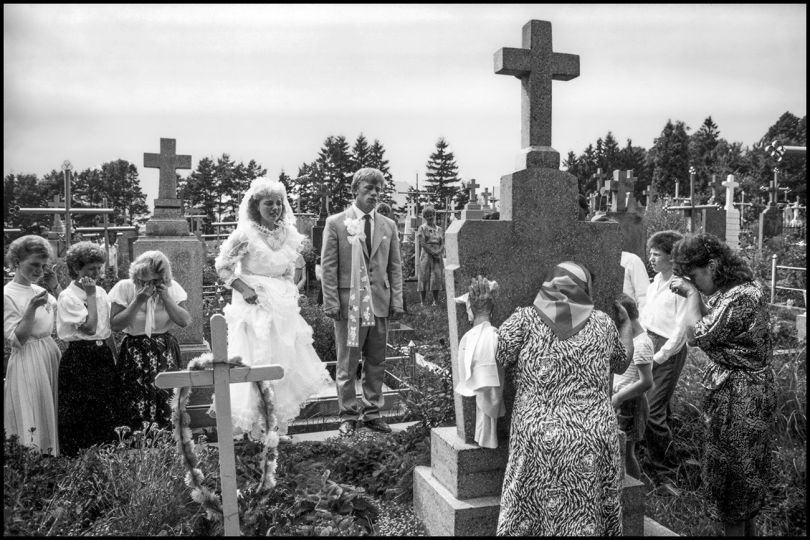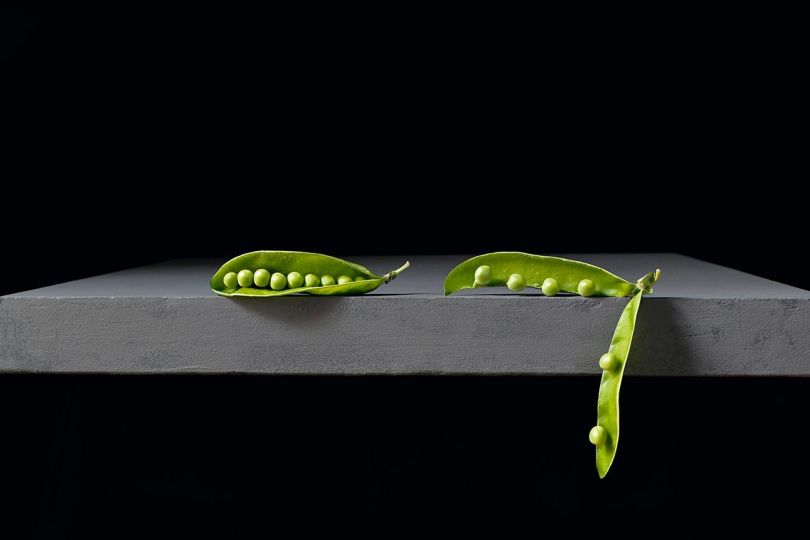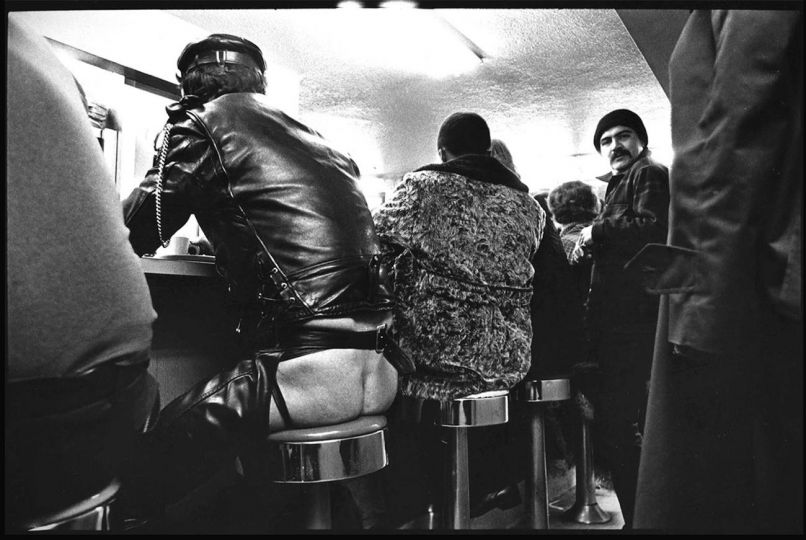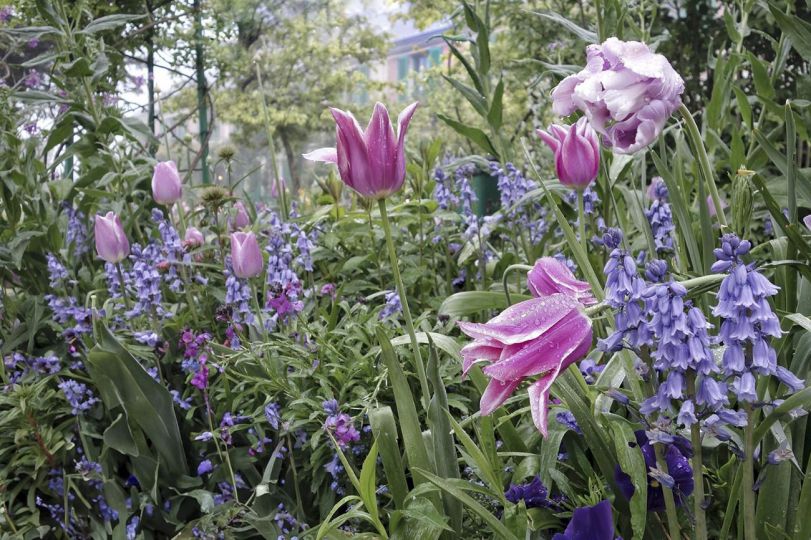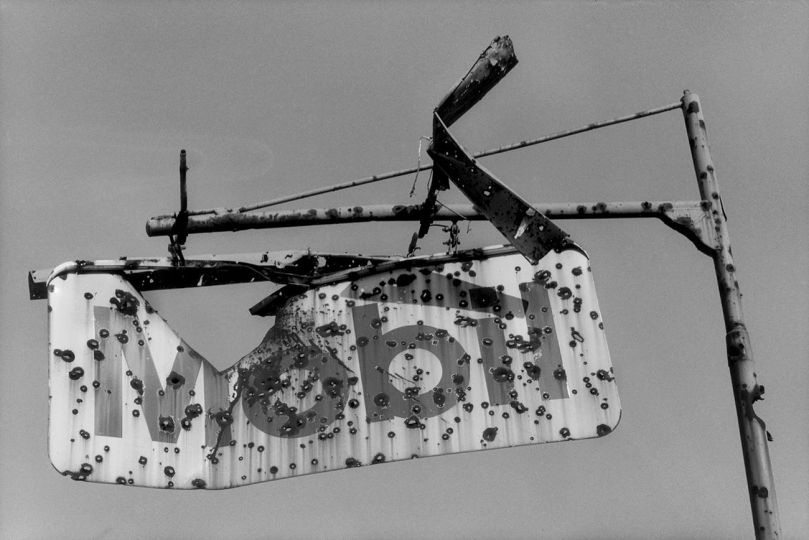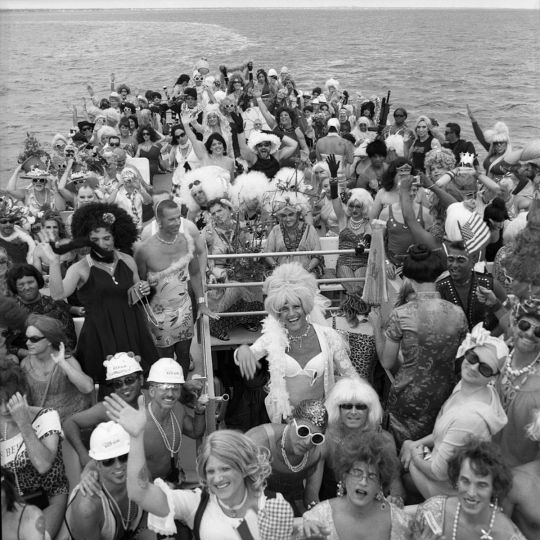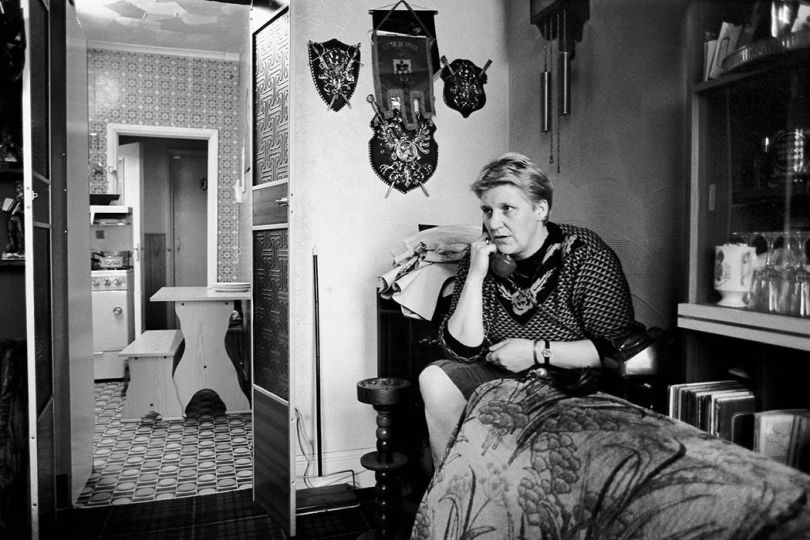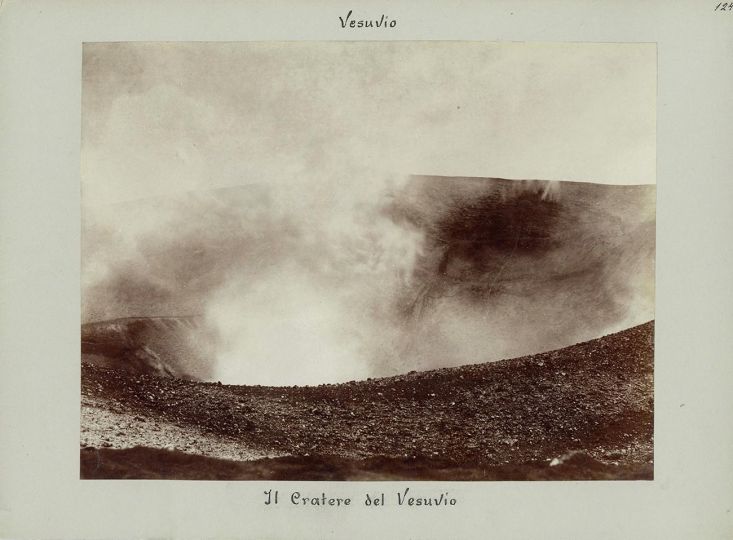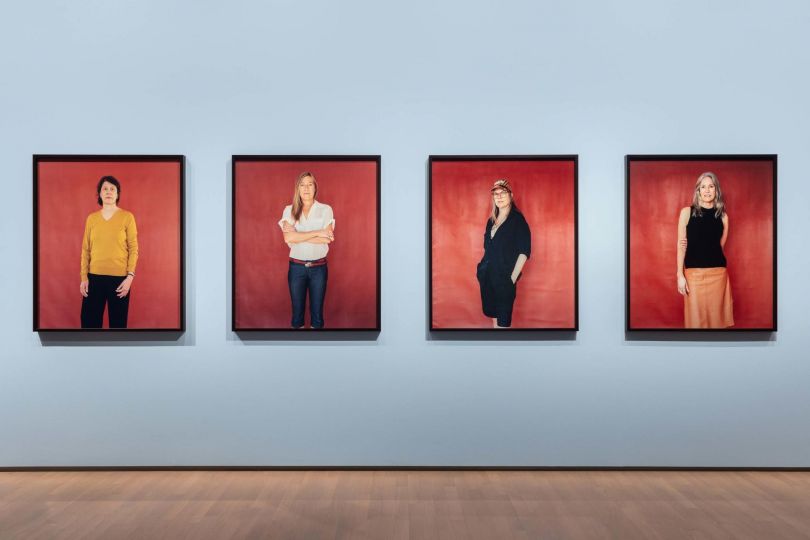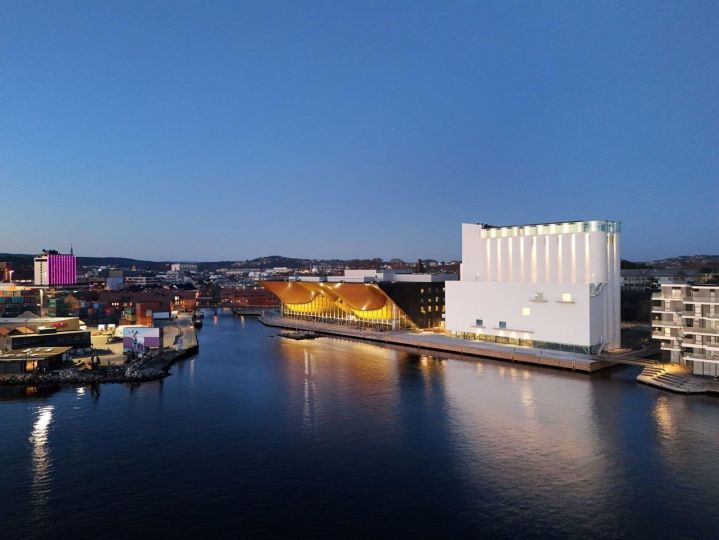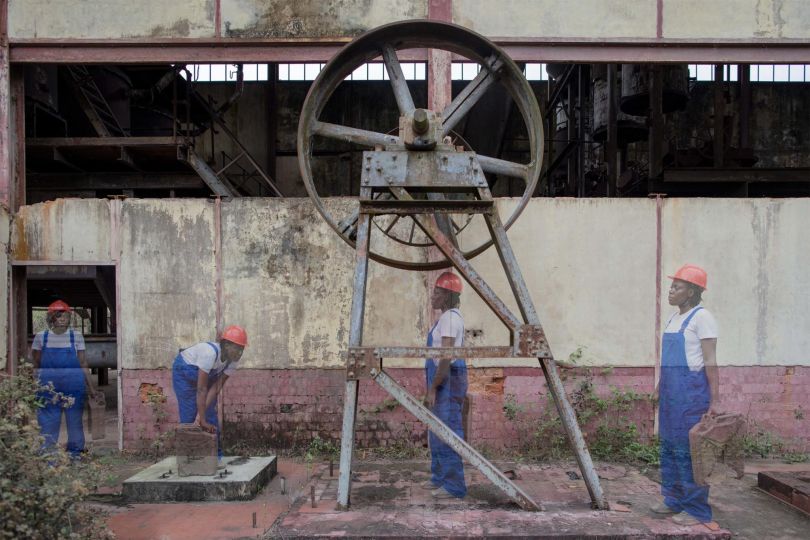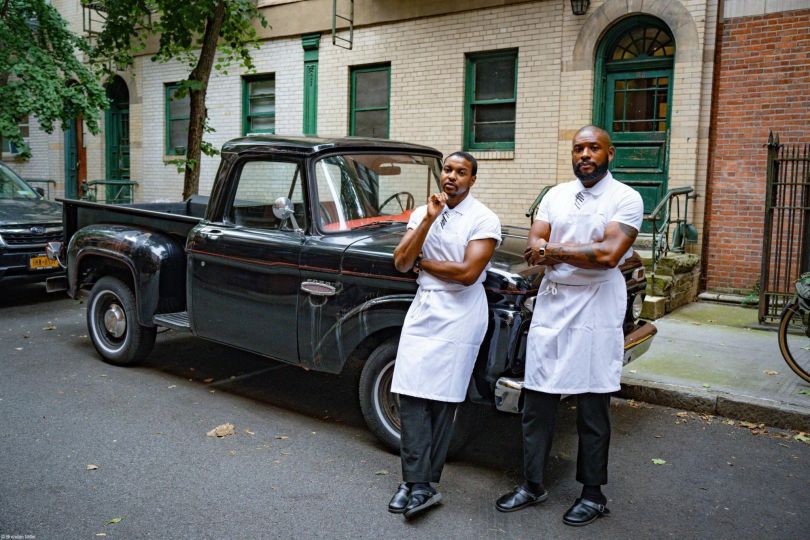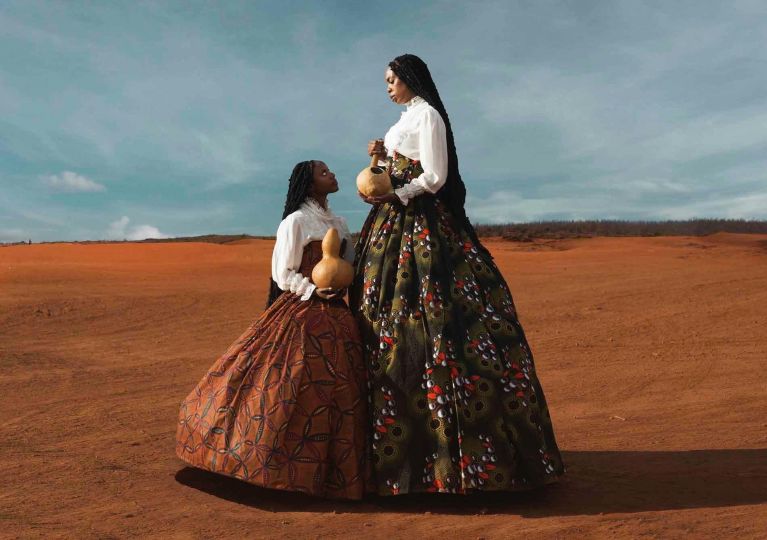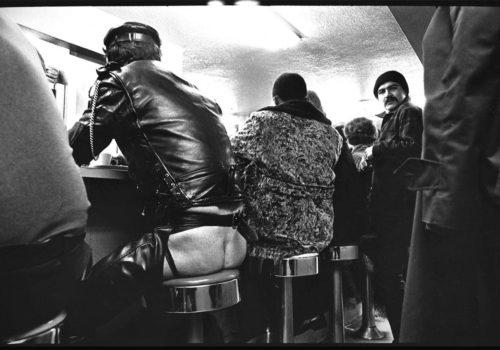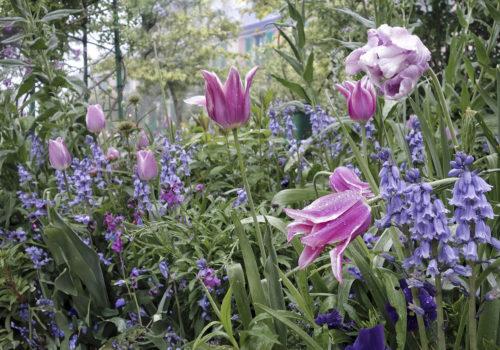15 days ago, Peter Turnley entrusted us with his images. Today, his twin brother David Turnley is doing the same: 38 images that we will publish in two parts accompanied by his very touching testimony.
Jean-Jacques Naudet
Photographing the Soul of Humanity : Ukraine – Part 1 – by David Turnley
Thirty years ago, while photographing for a book, traveling across all of the republics of the ex- Soviet Union, I had the privilege to visit Ukraine, where I photographed the wedding of Roman and Luba, in a village near Lviv, that lasted for three days, at a time when Ukraine was about to achieve independence and aimed for a democratic society. It was a time of so much hope, and joy, filled with a belief in possibilities.
And then, we woke up on February 24, 2022, three decades later, to learn that Vladimir Putin, had begun an invasion of the Ukraine, now a sovereign nation, with the full might of the Russian war machine, launching an exodus of between 5 and 10 million refugees, and scenes that resonate with images of the horror wrought by a previous dictator, and megalomaniac, during the Second World War. Scenes of devastation, and war crimes, that just two hours from Paris, are not only shocking, and disillusioning, but completely unacceptable.
If there was to be any silver lining to a global pandemic, experienced by humankind everywhere over these last two years, it was the hope that this shared hardship might not only inspire compassion, but give us a sense of humanity, filled with the will for a new kind of world solidarity.
All of this was shattered on February 24th, 2022.
At age 17, I had the good fortune, to discover photography. What drew me immediately is the power of photography to try to give ‘voice’ to those who feel dismissed. And for the last 50 years I have had the privilege to photograph the soul of humanity around the world. This has included most of the major wars of this period. I had witnessed the role that photography has had in addressing injustice and as the war in Ukraine began I felt that I had to go.
My first impressions after a two hour flight from my home in Paris, arriving at the Krakow Train Station in Poland. Was seeing Ukrainian refugees, women and children arriving by train from the Ukraine-Polish Border. Tired, anxious eyes. Gentle, kindhearted, brave, unassuming, proud, confused, displaced people. It gave me a sense of people letting down their guard, yet lost. A young man, sleeping on a shoe box in a train station hallway. I learned later that the box contained his pet dog. No one complained. Many had been either traveling or waiting in lines for many days. High cheek bones, wide spread, soulful eyes. Everyone carried their previous life in two bags. A huge sense of what next? A huge sense of solidarity.
Arriving later that first night at the Polish Border, I witness at the train station, Ukrainian refugees who had just arrived inside Poland, from trains that have become temporary shelters. I saw the disoriented long, glossy eyed stares that I have seen with refugees in war zones around the world. So many blood shot eyes. Young volunteers wearing yellow vests, were desperately trying to answer questions. Many of them had no answers. I was impressed by how patient everyone was. Again, no one complained. Staying warm, finding food, a place to sleep for the night became the imperative first steps to survival. I felt like I was seeing horror scenes from the Second World War. As I looked into people’s eyes as I made pictures, I felt so deeply. There was a momentary sense that for that moment, people I was photographing felt respected, considered. Now, a month later, I continue each hour of each day, to see all of those eyes, and to feel these moments, and what I have witnessed deeply in my heart. I also realize that everywhere I looked, I saw in some sense, my own daughter or my own wife. I see Ukrainians fighting for survival, in the middle of Europe, just two hours from the safety of our home in Paris.
I travelled by car across the Polish Ukrainian border. Long lines of cars are waiting to show documents. It is grey and cold in Eastern Europe. And everywhere I look people are covered with blankets around their shoulders in a gentle falling snow. The trip to Lviv, which is normally approximately two hours takes five. I am reminded of the vast agricultural countryside that I witnessed during my trip across the breadbasket of the Soviet Union, 3o years ago. The countryside, sprinkled with villages, and Christian Orthodox church steeples. There is no sign here of war except along the way military barricades that have been established at cross roads with sand bags and men standing in civilian clothes with Kalashnikovs.
Arriving in Lviv, I am reminded of how incredibly beautiful this old Eastern European city is, that was at one time, before the Second World War, home to the largest community of Jews outside of Warsaw, Poland, with at that time some 50 Synagogues, and now there are only two.
My life became centered around the Lviv Train Station. I again felt like I was in the middle of a movie with scenes from the second world war. Tens of thousands of refugees, coming and going on old trains from all over Ukraine leaving for Poland, Romania, Czechoslovakia, Germany….Refugees everywhere, huddled together, waiting. With smoke everywhere, from the arriving, waiting, and departing trains, from the barrels used as stoves by refugees trying to stay warm. Humanitarian tents are dispensing food and drinks. Again, I am overwhelmed by the kindness of the Ukrainians. I never once heard anyone complain about anything despite the endless patience required during nebulous never-ending waits.
There are scenes everywhere of women, families, saying goodbye to their fathers, husbands, brothers, who will stay behind to fight.
I see a sweet young girl, who so reminds me of my own daughter, staring out at the world from the sleeping car that has become her family’s home on a trip to the unknown. I climbed aboard the train to meet her and her mother, anxious that the train will leave, but needing to meet them. We can’t speak with words, but with our eyes and our hearts. It is clear that they have fled the war zone. The young girl, who I learned is named Masha, suddenly picked up a book that she was reading it had an english title, on the cover- “ Guess How Much I Love You” My heart melted as I wished that she and her Ukrainian brothers and sisters knew how much the world loves them, as I also do. I will never forget that moment, and this photograph.
I saw a young couple, both in their own way, strong, and poignantly beautiful. It was clear that they were together. I asked the young woman, not knowing that she would understand my English, what their relationship was. And she turned, so proudly, and elegantly, and said in her beautiful English, “We are lovers”. As I made her portrait in this old-world hulking train station, smoke billowing everywhere, I saw an incredibly beautiful woman, with a scar on her cheek, that she wore with great dignity, and strength. Another moment I will never forget.
I was invited to join, on air, my friend, one of the best journalists in the world, Anderson Cooper. We first met in South Africa, at Nelson Mandela’s funeral. We have been to so many of the same conflicts and trauma zones of the world. I feel like I am in conversation with a brother, and I feel the depth of his empathy, and drive to bear witness for the world to see and to know which inspires and moves me. I leave our meeting so grateful for our friendship.
To be continued…
David Turnley
www.davidturnley.com
David Turnley Biography
American-born David Turnley, winner of the Pulitzer Prize for Photography, the Robert Capa
Gold Medal for Courage, and two World Press Photographs of the Year, is considered one of the world’s greatest documentary photographers.
He arrived in France in 1975 at the age of 19. He then lived in a maid’s room next to Notre-Dame de Paris cathedral, he studied French at the Sorbonne, sold ice cream next to the cathedral and met the greatest photographers of the century, Henri Cartier Bresson and André Kertész to name but a few.
Throughout his career, David has worked in some 90 countries, covering all the major historical moments of the last fifty years.
Paris has been for many years his base and his spiritual city where he always photographed “the soul of humanity”.
After many trips, as a war photographer, including more recently the tragic war in Ukraine, he loves to return to Paris – the city he loves so much – relieved.
David’s twin brother, Peter Turnley, is also a great Documentary Photographer, and Parisian of French and American nationality.
David lives in Paris with his wife Rachel, a great ballet dancer, and their 10-year-old daughter, Dawson, who studies in a public school in Paris Centre. His son Charlie, 28, was born in Paris.

